Contact Us
#futureseas2030

9. Poleward bound
Adapting to climate driven species redistribution
Summary
One of the most pronounced effects of climate change on the world’s oceans is the (generally) poleward movement of species and fishery stocks in response to increasing water temperatures. In some regions, such redistributions are already causing dramatic shifts in marine socioecological systems, profoundly altering ecosystem structure and function, challenging domestic and international fisheries, and impacting on human communities. Such effects are expected to become increasingly widespread as waters continue to warm and species ranges continue to shift. Actions taken over the coming decade (2021–2030) can help us adapt to species redistributions and minimise negative impacts on ecosystems and human communities, achieving a more sustainable future in the face of ecosystem change. We describe key drivers related to climate-driven species redistributions that are likely to have a high impact and influence on whether a sustainable future is achievable by 2030. We posit two different futures—a ‘business as usual’ future and a technically achievable and more sustainable future, aligned with the Sustainable Development Goals. We then identify concrete actions that provide a pathway towards the more sustainable 2030 and that acknowledge and include Indigenous perspectives. Achieving this sustainable future will depend on improved monitoring and detection, and on adaptive, cooperative management to proactively respond to the challenge of species redistribution. We synthesise examples of such actions as the basis of a strategic approach to tackle this global-scale challenge for the benefit of humanity and ecosystems.
Infographic
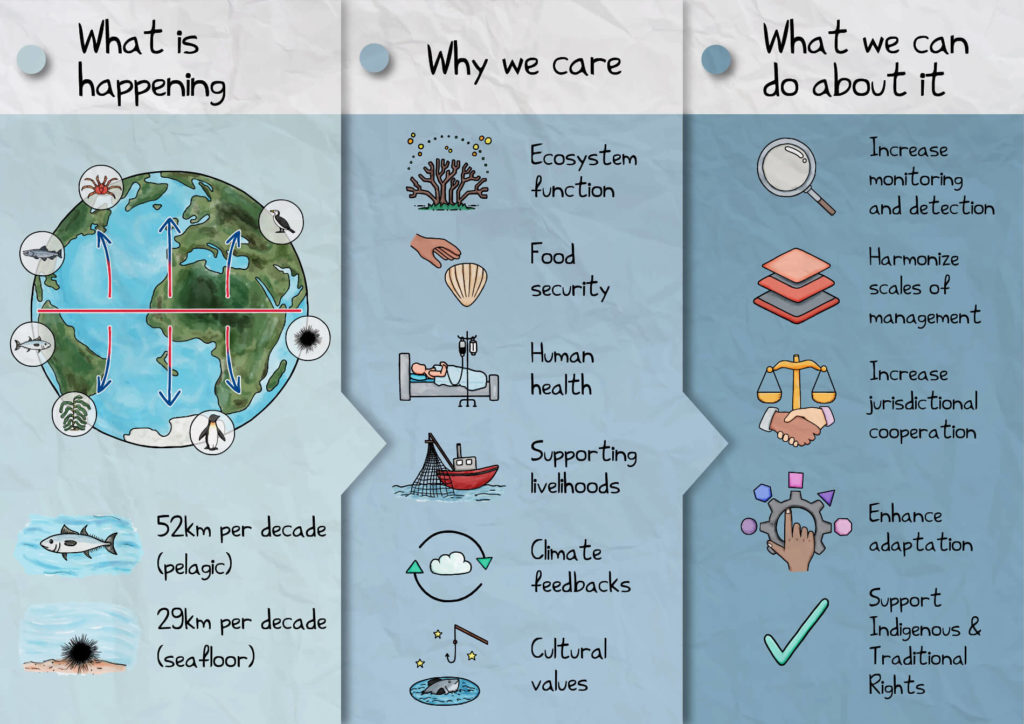
Lead Investigators

Dr Jess Melbourne-Thomas
CSIRO Oceans & Atmosphere / CMS
Anchor

Prof Gretta Pecl
Institute for Marine and Antarctic Studies / CMS
Co-Authors
Meet our fellow team members who contribute to the success of this project.

Ingrid van Putten
CSIRO Oceans and Atmosphere / CMS
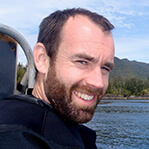
Rowan Trebilco
CSIRO Oceans & Atmosphere / Institute for Marine and Antarctic Studies / CMS

Alistair Hobday
CSIRO Oceans & Atmosphere / CMS
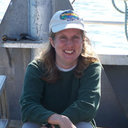
Heather Hunt
University of New Brunswick

Hannah Fogarty
Institute for Marine and Antarctic Studies / CMS

Marcus Haward
Institute for Marine and Antarctic Studies / CMS
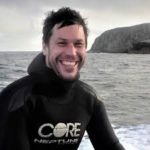
Scott Ling
Institute for Marine and Antarctic Studies, University of Tasmania

Phillipa McCormack
School of Law, University of Tasmania / CMS
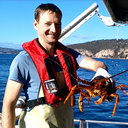
Michael Oellermann
Institute for Marine and Antarctic Studies

Asta Audzijonyte
Institute for Marine and Antarctic Studies / CMS

Madeleine Brasier
Institute for Marine and Antarctic Studies

Katie Cresswell
Institute for Marine and Antarctic Studies, University of Tasmania

Cecilia Villanueva
Institute for Marine and Antarctic Studies / CMS

Reg Watson
Institute for Marine and Antarctic Studies

Kaisu Mustonen
Snow Change Cooperative, Finland

Tero Mustonen
Snowchange Cooperative, Finland.

Janet Nye
Institute of Marine Sciences, University of North Carolina

future seas
FUTURE SEAS is a unique collaboration , spear-headed by the Centre for Marine Socioecology, of over 100 researchers from the University of Tasmania (UTAS), the Commonwealth Scientific and Industrial Research Organisation (CSIRO) and other institutions
Contact UsOther Links
Project flyerPartners
Copyright 2026 Future Seas.







